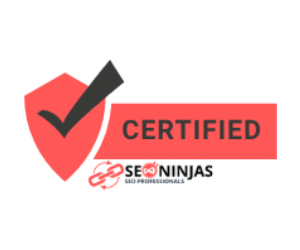In an increasingly digital world, smart communication skills are essential for navigating virtual interactions with skill and finesse. Whether you’re participating in remote meetings, collaborating on virtual projects, or engaging with clients and stakeholders online, mastering the art of smart communication can enhance your effectiveness and impact. Here are some strategies to help you excel in virtual communication:
- Effective Use of Technology: Familiarize yourself with digital communication tools and platforms to facilitate seamless virtual interactions. Choose the appropriate technology for your needs, and leverage features such as video conferencing, screen sharing, and chat messaging to enhance collaboration and engagement.
- Clear and Concise Messaging: Communicate your thoughts and ideas clearly and concisely in virtual settings to avoid confusion and misinterpretation. Use simple language, organize your thoughts logically, and get to the point quickly to maintain participants’ attention and focus.
- Engagement and Participation: Encourage engagement and participation in virtual meetings and discussions to foster collaboration and teamwork. Solicit input from all participants, use interactive features such as polls and breakout rooms, and create opportunities for meaningful dialogue and interaction.
- Active Listening: Practice active listening during virtual interactions by giving your full attention to the speaker and avoiding distractions. Use nonverbal cues such as nodding and eye contact to signal attentiveness, and ask clarifying questions to ensure understanding.
- Cultural Sensitivity: Be mindful of cultural differences and diversity in virtual communication, and adapt your approach accordingly to promote inclusivity and respect. Avoid language or behaviors that may be insensitive or offensive to participants from different cultural backgrounds.
- Time Management: Respect participants’ time and attention in virtual interactions by keeping meetings and discussions focused and efficient. Set clear agendas, establish time limits for agenda items, and avoid unnecessary tangents or distractions to maximize productivity.
- Follow-Up and Documentation: Recap key points and action items following virtual meetings to ensure clarity and accountability. Provide meeting summaries, distribute relevant documents or resources, and follow up on outstanding tasks or decisions to keep projects moving forward.
By mastering the art of smart communication in the digital age, you can navigate virtual interactions with skill and finesse, fostering collaboration, engagement, and productivity in remote environments.



Comments are closed, but trackbacks and pingbacks are open.